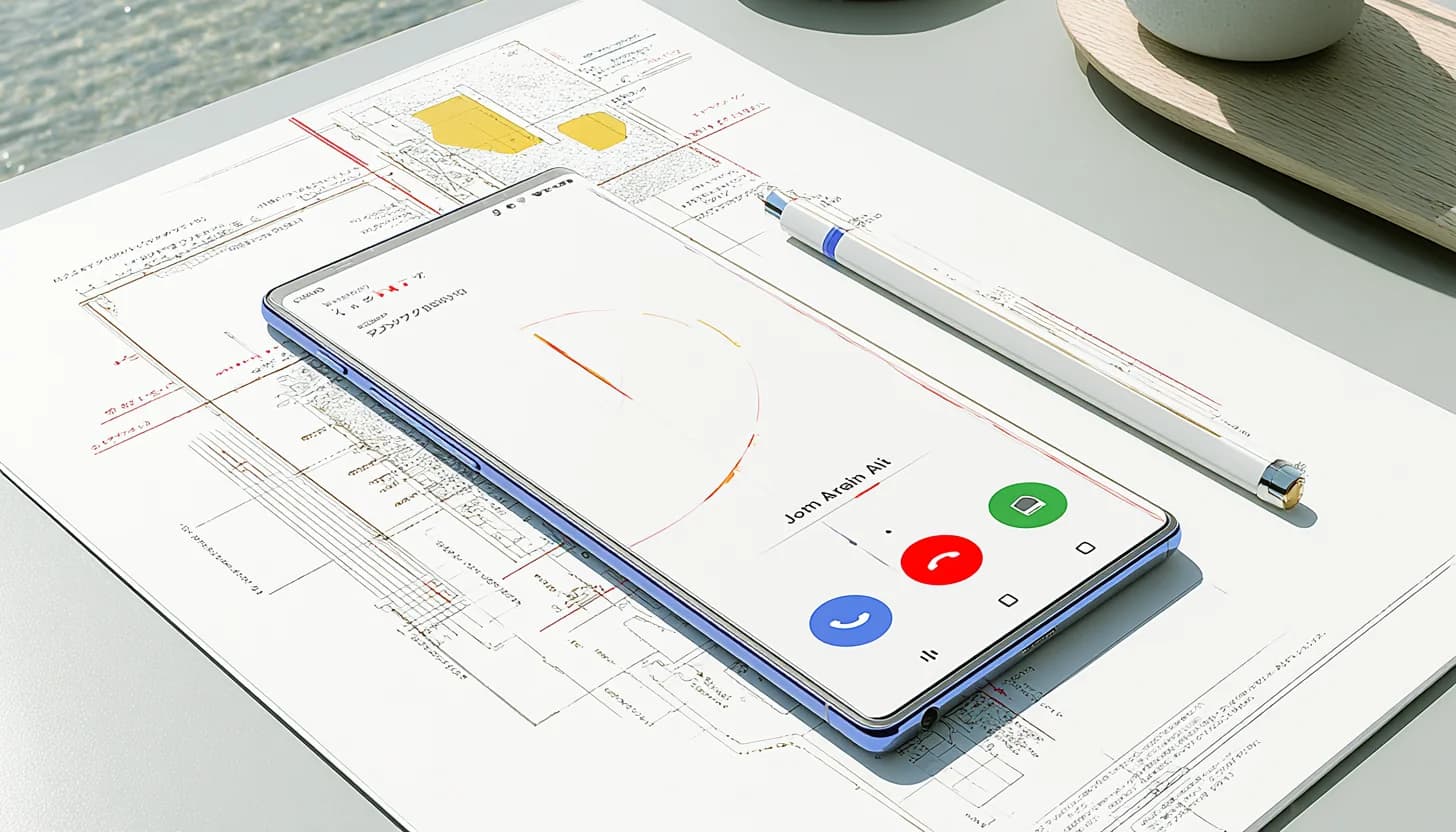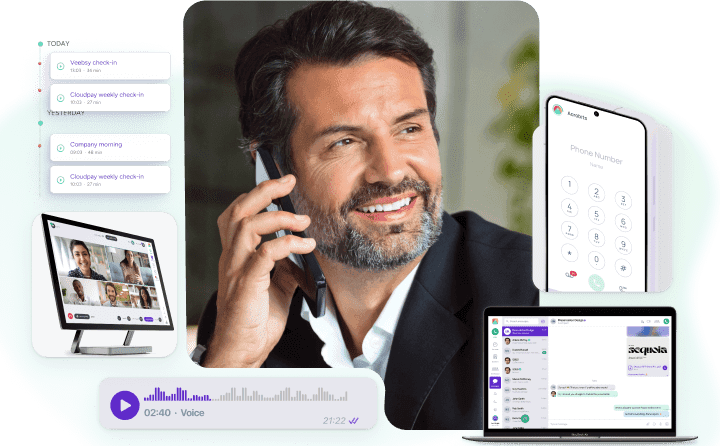Use Cases for GPS-Enabled SIP Calls
1. Emergency Call Location Services (E911 / E112 Compliance)
Regulatory compliance for emergency calls is a major priority for telcos. When a user dials emergency services, having their real-time GPS location included in the SIP header ensures that dispatchers receive accurate location data. This is particularly valuable for VoIP users, where traditional cell tower triangulation isn’t available. By integrating this feature, telcos can enhance public safety and meet compliance requirements, following an E911-ready softphone blueprint.2. Enterprise Call Tracking & Safety Monitoring
Many businesses rely on field employees who work in remote or dynamic environments, such as construction sites, delivery routes, or security patrols. GPS-enabled calls allow companies to track the location of employees making business calls, improving worker safety and operational oversight. Lone worker protection services, in particular, can benefit from this feature by ensuring employees in high-risk roles can be quickly located if needed.3. Fraud Prevention & Location-Based Call Authorization
Fraudulent VoIP calls are a growing concern, from spoofing attacks to unauthorized call forwarding. By verifying whether a caller’s real-time GPS location matches their registered location, telcos can prevent unauthorized international calls, SIM-swap fraud, and other malicious activities. This feature provides an additional layer of security against telecom fraud.4. Location-Aware Customer Service
When customers call a support line, knowing their real-time location can improve the service experience. For example, a telco can:- Route customers to a service center closest to their current location.
- Use GPS data to check for network issues affecting the caller’s area.
- Provide location-based troubleshooting or service recommendations.
5. Location-Based Call Routing & Pricing
With GPS data in SIP headers, telcos can optimize call routing by dynamically directing calls based on the caller’s location. This can be useful in scenarios like:- Routing rural customers to specialized support teams.
- Adjusting international call pricing based on a user’s real location rather than their registered address.
- Implementing location-based restrictions on VoIP calls where necessary.Public Safety & Disaster Response
6. Fleet & Asset Management for Telco Customers
 GPS-enhanced SIP calls open new possibilities for industries that rely on real-time fleet management, such as logistics, transportation, and field service companies. Dispatch centers can use GPS data from calls to track their workforce, ensuring that drivers, technicians, and field agents are where they need to be while remaining connected.
GPS-enhanced SIP calls open new possibilities for industries that rely on real-time fleet management, such as logistics, transportation, and field service companies. Dispatch centers can use GPS data from calls to track their workforce, ensuring that drivers, technicians, and field agents are where they need to be while remaining connected.
7. Geofencing for Location-Based Controls
Telcos can implement geofencing to create virtual geographic boundaries and automate actions based on a caller’s location. Some key applications include:- Access Control: Restrict VoIP calls to specific areas, ensuring compliance with local regulations or security policies.
- Automated Alerts: Notify businesses when employees enter or leave designated work zones.
- Call Handling Rules: Modify call routing or service availability based on whether a user is inside or outside a predefined area.
Putting GPS-Enabled Calls on the Map
The ability to send GPS coordinates in SIP headers is more than just a technical feature—it’s a game-changer for telcos looking to enhance service offerings, improve security, and create new revenue streams. Whether it’s improving emergency response, preventing fraud, enabling better customer service, or optimizing call routing, there are numerous ways to leverage this functionality. While our tech demos focus on Cloud Softphone’s core capabilities, we hope this post sheds light on the exciting possibilities unlocked by GPS-enabled SIP calls. If you’re a telco provider looking to explore how this feature can benefit your business, let’s connect!Build a white label softphone app
Create a custom white-label softphone with Cloud Softphone.






